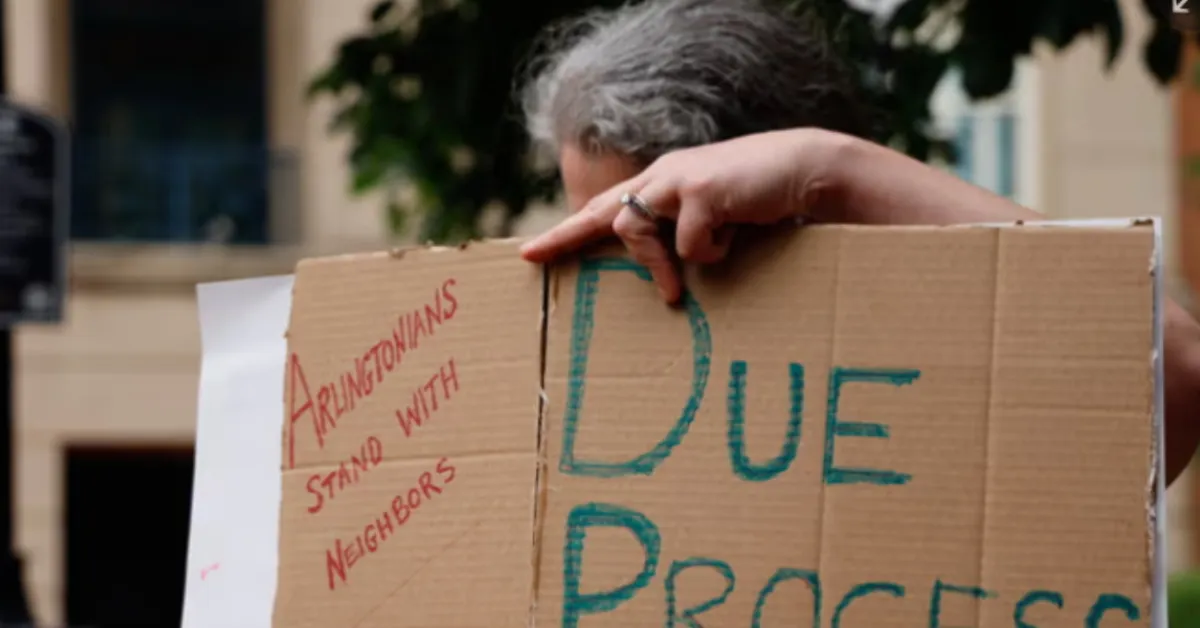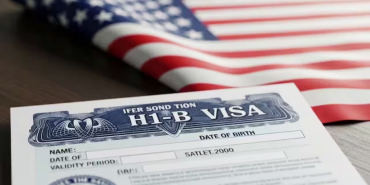US Judge Mandates Return of Gay Immigrant Deported Despite Legal Protections

A US federal judge has ordered the government to facilitate the return of a Guatemalan asylum seeker, identified in court documents as OCG, who was wrongfully deported to Mexico despite a court order safeguarding him from removal to Guatemala.
The ruling, issued late Friday night by the US district Judge Brian Murphy, underscores concerns about due process violations in deportation proceedings and the risks faced by vulnerable asylum seekers. Judge Murphy strongly criticises the government's handling of the case, describing the deportation as lacking "any semblance of due process" and a "banal horror." He notes that OCG had been "wrongfully loaded onto a bus and sent back to a country where he was allegedly just raped and kidnapped."
OCG, who sought asylum in the US last year after experiencing targeted violence in Guatemala due to his sexual orientation, had been granted protection against deportation to his home country by a US immigration judge. Despite this, the Trump administration transferred him to Mexico, which later deported him to Guatemala. OCG fled to the US after being assaulted twice in homophobic attacks in Guatemala.
While seeking asylum in the US, he was raped and held for ransom in Mexico. In a court declaration, OCG described living in hiding in Guatemala, overwhelmed by panic and uncertainty. Legal experts and human rights advocates have criticised the decision to deport him to Mexico instead of allowing him to pursue asylum proceedings in the US
Judge Murphy's ruling is part of a growing list of judicial challenges to the Trump administration's immigration enforcement policies. Recent deportations, including those to third countries, have faced increased legal scrutiny. Last week, Judge Murphy also found that the Trump administration had violated a court order prohibiting the removal of immigrants to third countries without sufficient time to contest their deportation.
During a hearing, officials from the Department of Homeland Security disclosed that seven individuals had been deported to an unknown country, later revealed to be South Sudan. Judge Murphy criticises the government's failure to provide adequate notice before their removal, stating that the mere 24-hour warning was "plainly insufficient" and could lead to a finding of criminal contempt against government officials.
One of the most high-profile cases illustrating these systemic failures is that of Kilmar Ábrego García, an immigrant who had lived in the US for 14 years. Despite his long-term residence and family ties in Maryland, he was mistakenly deported to El Salvador. The US Supreme Court subsequently ordered the administration to facilitate his return. However, the White House has argued that it lacks the power to retrieve him, leading to a legal standoff over the practical meaning of the term "facilitate."
Judge Murphy acknowledges this dispute in his Friday ruling but notes that OCG's situation was distinct. Unlike Ábrego García, OCG is not being held by a foreign government, and authorities have not presented any arguments suggesting that facilitating his return would be "costly, burdensome, or otherwise impede the government's objectives."
In response to Judge Murphy's ruling, Department of Homeland Security Assistant Secretary Tricia McLaughlin has defended the decision to remove OCG, stating that he had entered the US illegally. She notes that he had been "granted withholding of removal to Guatemala" but was instead sent to Mexico, which she describes as a "safe third option" pending his asylum claim. McLaughlin dismisses Murphy as a "federal activist judge" and expresses confidence that a higher court would ultimately vindicate the administration's actions.
However, legal experts argue that cases like OCG's illustrate profound flaws in the current asylum system, particularly the practice of sending asylum seekers to third countries without adequate consideration of their safety. The controversy over rapid deportations has fueled debates over immigration enforcement practices and raised questions about the government's adherence to international human rights obligations.














Add new comment